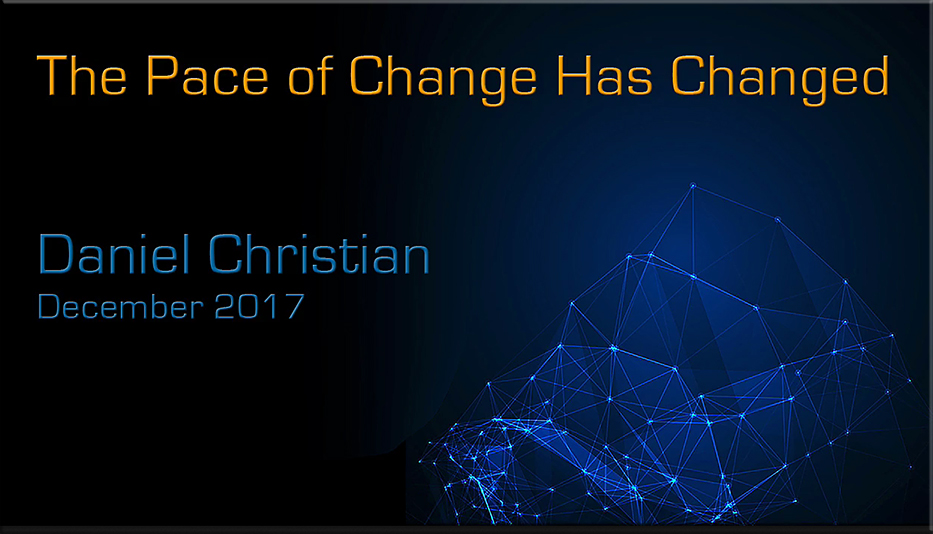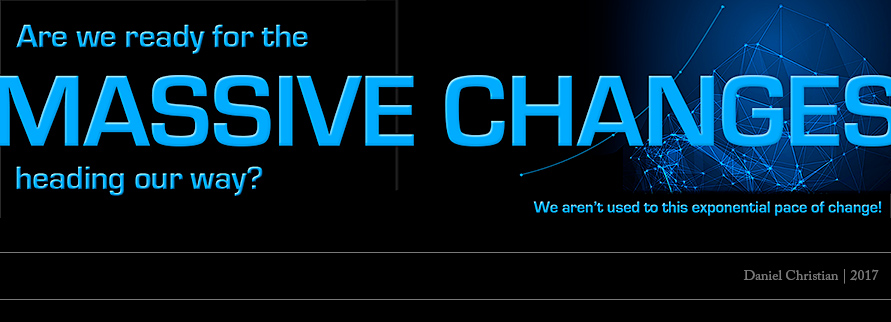Students are being prepared for jobs that no longer exist. Here’s how that could change. — from nbcnews.com by Sarah Gonser, The Hechinger Report
As automation disrupts the labor market and good middle-class jobs disappear, schools are struggling to equip students with future-proof skills.
Excerpts:
In many ways, the future of Lowell, once the largest textile manufacturing hub in the United States, is tied to the success of students like Ben Lara. Like many cities across America, Lowell is struggling to find its economic footing as millions of blue-collar jobs in manufacturing, construction and transportation disappear, subject to offshoring and automation.
The jobs that once kept the city prosperous are being replaced by skilled jobs in service sectors such as health care, finance and information technology — positions that require more education than just a high-school diploma, thus squeezing out many of those blue-collar, traditionally middle-class workers.
As emerging technologies rapidly and thoroughly transform the workplace, some experts predict that by 2030 400 million to 800 million people worldwide could be displaced and need to find new jobs. The ability to adapt and quickly acquire new skills will become a necessity for survival.
“We’re preparing kids for these jobs of tomorrow, but we really don’t even know what they are,” said Amy McLeod, the school’s director of curriculum, instruction and assessment. “It’s almost like we’re doing this with blinders on. … We’re doing all we can to give them the finite skills, the computer languages, the programming, but technology is expanding so rapidly, we almost can’t keep up.”
For students like Amber, who would rather do just about anything but go to school, the Pathways program serves another function: It makes learning engaging, maybe even fun, and possibly keeps her in school and on track to graduate.
“I think we’re turning kids off to learning in this country by putting them in rows and giving them multiple-choice tests — the compliance model,” McLeod said. “But my hope is that in the pathways courses, we’re teaching them to love learning. And they’re learning about options in the field — there’s plenty of options for kids to try here.”










